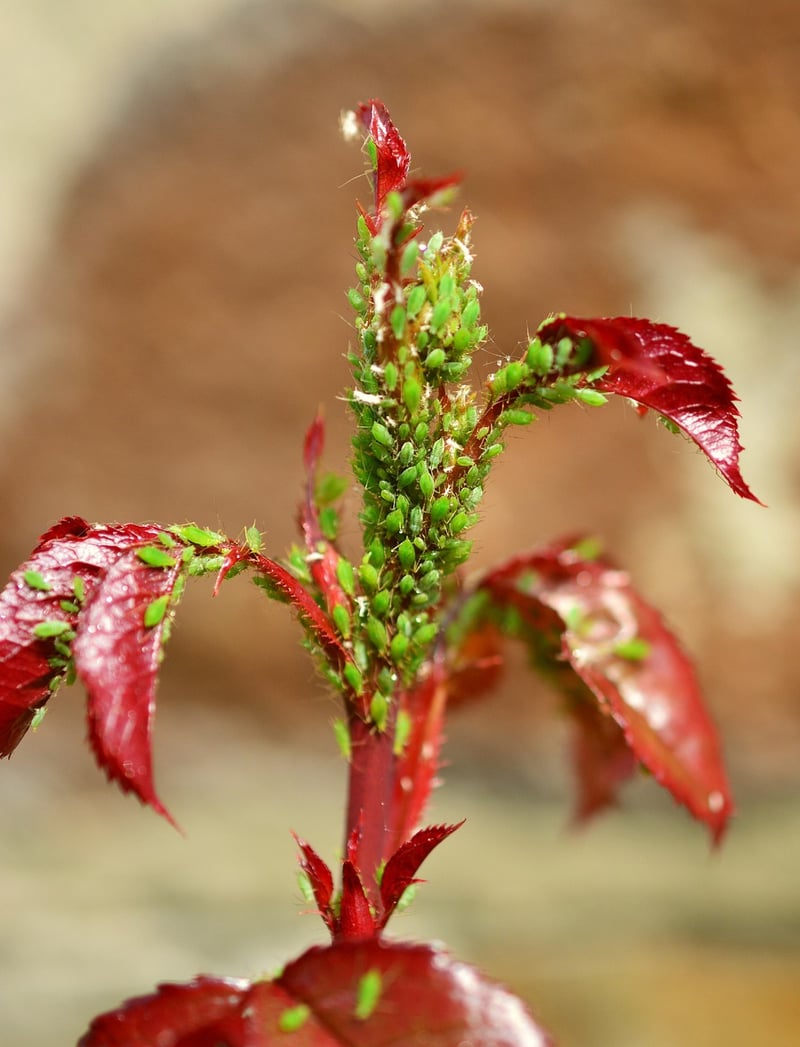Preventive Measures
Managing Garden Pests and Preventive Measures
Introduction
Gardening is a rewarding and enjoyable activity, but dealing with garden pests can be a frustrating challenge for any gardener. In this article, we will explore effective ways to manage these pests and discuss preventive measures to keep your garden healthy and thriving.
Identifying Common Garden Pests
Before you can effectively manage garden pests, it is essential to identify them. Some common garden pests include:
- Aphids: Small, soft-bodied insects that feed on plant sap.
- Slugs and Snails: These pests can devour young seedlings and tender plants.
- Caterpillars: Larval stage of moths and butterflies that can chew on leaves.
- Spider Mites: Tiny pests that suck the juices from plants, causing leaves to turn yellow and dry up.
- Whiteflies: Small, moth-like insects that feed on plant sap and can transmit plant diseases.
Effective Pest Management
Here are some effective ways to manage garden pests:
- Handpicking: Remove pests such as caterpillars and beetles by hand and drop them into a bucket of soapy water.
- Beneficial Insects: Encourage the presence of ladybugs, lacewings, and other beneficial insects that feed on garden pests.
- Neem Oil: Use neem oil as a natural insecticide to control a wide range of garden pests.
- Row Covers: Protect your plants with row covers to prevent pests like aphids and caterpillars from reaching them.
- Companion Planting: Planting certain herbs and flowers like marigolds and lavender can help repel pests.
Preventive Measures
Prevention is key to keeping garden pests at bay. Here are some preventive measures you can take:
- Clean Garden: Remove debris and weeds that can harbor pests.
- Healthy Soil: Maintain healthy soil with proper fertilization and watering to promote plant health.
- Rotate Crops: Avoid planting the same crops in the same location each year to reduce pest buildup.
- Mulching: Use mulch to suppress weeds and create a barrier against crawling pests.
- Monitor Regularly: Check your plants regularly for signs of pest damage so you can take action promptly.
Conclusion
By implementing effective pest management strategies and preventive measures, you can protect your garden from common pests and ensure a bountiful harvest. Remember to observe and adapt to the needs of your plants to maintain a healthy and thriving garden.


